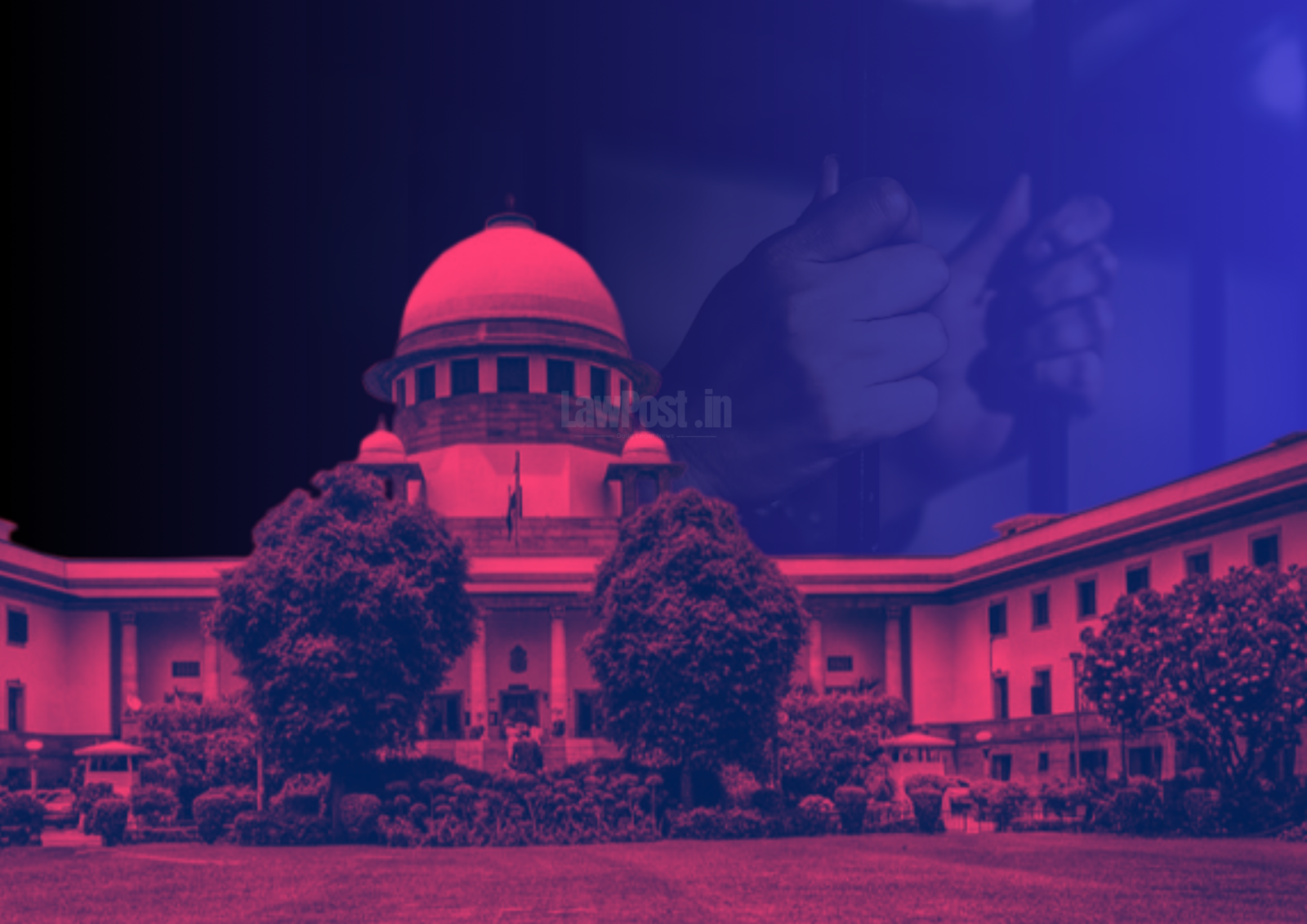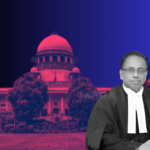In a significant move, the Supreme Court has agreed to examine whether the failure to furnish the grounds of arrest to an accused can invalidate the arrest in all cases. This comes as the court considers a plea challenging the arrest of Mihir Rajesh Shah in the BMW-hit-and-run case from Worli, which resulted in the tragic death of a 45-year-old man.
A Bench of Justices BR Gavai and KV Vishwanathan took up the matter on Friday, signaling their intention to settle the law on this critical issue. The case involves Shah, who was arrested despite not being informed of the grounds for his arrest, as required under Article 22(1) of the Constitution. This provision guarantees that no person shall be detained without being informed of the reasons for their arrest and ensures the right to consult a lawyer.
Shah’s arrest was contested after the Bombay High Court declined to quash it, noting that although the grounds were not provided in writing, Shah was aware of the reasons behind his arrest. The High Court reasoned that since Shah had allegedly fled the scene and attempted to hide evidence, he had sufficient knowledge of the charges against him. Consequently, the High Court ruled that the failure to provide written grounds did not invalidate the arrest.
The Supreme Court, while not interfering with the High Court’s dismissal of Shah’s petition, acknowledged the broader constitutional questions raised by the case. Justices Gavai and Narasimha expressed that the issue at hand involved important constitutional principles, particularly the interpretation of Article 22(1), and emphasized the need to examine the legal position further.
Notably, previous Supreme Court judgments have set important precedents on the matter. In the Pankaj Bansal case, the Court ruled that in money laundering cases, the Enforcement Directorate (ED) must provide written grounds for arrest. A similar mandate was established in the Prabir Purkayastha case, involving arrests under the Unlawful Activities (Prevention) Act (UAPA). Both rulings underscored the importance of informing the accused of the grounds for arrest.
The Supreme Court, recognizing the significant legal issues involved, has issued notice in the case, which could have far-reaching implications for the application of Article 22(1) in arrest procedures. The Court’s decision to settle the law on this matter will likely have lasting effects on how arrests are handled across the country, particularly in cases where the grounds for arrest are not immediately communicated.
As the case progresses, legal experts and the public await a landmark ruling that could redefine the parameters of lawful detention in India.
Case: MR Shah vs State of Maharashtra – Available on LAWFYI.IO








